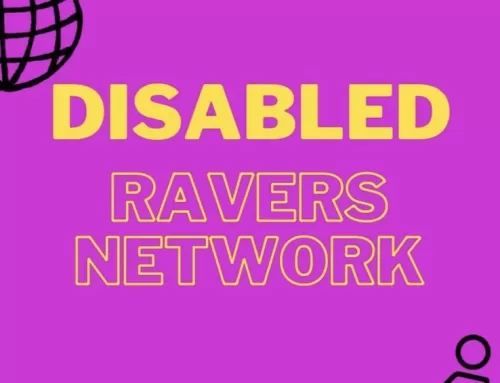As an expected package of music copyright legislation continues to take shape in the United States House of Representatives, a Senate version of the Allocation for Music Producers (AMP) Act was introduced yesterday afternoon (Mar. 22) by Senate Judiciary Committee Chairman Chuck Grassley (R-Ia.), Ranking Member Dianne Feinstein (D-Calif.) and Senators Bob Corker (R-Tenn.) and Kamala Harris(D-Calif).
The AMP Act, which was re-introduced in the House in February by Rep. Tom Rooney (R-Fla.) and Rep. Joe Crowley (D-N.Y.), creates a way for producers and engineers to receive direct payments from SoundExchange when recordings are used on satellite radio and online radio services like Pandora. Remarkably, it will be the first time producers and engineers are mentioned in U.S. copyright law.
The AMP Act is relatively uncontroversial because it does not create a new right; producers and engineers will continue to collect the royalties they were previously due. But it will establish a legal procedure for them to collect those royalties directly from SoundExchange, rather than from the artist in question. SoundExchange already allows artists to pay producers and engineers their share of royalties directly, by accepting “Letters of Direction,” but the AMP Act would formalize this process. It would establish a procedure for producers and engineers who worked on recordings made before 1995 to apply to be paid royalties directly.
Because the AMP Act essentially formalizes an existing practice, it faces no significant opposition. But its introduction in the Senate is yet another sign that a package of copyright reform is taking shape. On Mar. 20, the House Judiciary Twitter account tweeted that Committee Chairman Bob Goodlatte (R-Va.) had said he was “looking forward to marking up the music copyright package in the @HouseJudiciary Committee the week of April 9.” The package is expected to be introduced early that week.
The legislative package, which has been called a “music-bus” bill, is expected to include three existing pieces of legislation — the CLASSICS Act, the Music Modernization Act and the House version of the AMP Act — as well as a provision changing the rate-setting procedure that applies to Sirius XM’s use of sound recordings. Lobbyists believe that combining them will allow the music business to lobby together for all of the legislation without increasing the opposition. As of now, the package is not expected to include other copyright legislation, such as the Copyright Alternative in Small-Claims Enforcement (CASE) Act or the Register of Copyrights Selection and Accountability Act of 2017, which passed the House and stalled in the Senate.
The AMP Act is the third of these bills to be seen in the Senate, which has already introduced its own versions of CLASSICS and the Music Modernization Act.
“The introduction of the Allocation for Music Producers (AMP) Act in the Senate amps up momentum for passing music copyright reform legislation in Congress,” Recording Academy Chief Industry, Government & Member Relations Officer Daryl Friedman said in a statement.
Although members of Congress agree on very little these days, copyright legislation tends to have bipartisan support, and the sponsors of these bills are a series of ideological odd couples. It still faces opposition: SiriusXM is lobbying against CLASSICS, and some songwriters oppose the Music Modernization Act, although the major songwriters groups support it. But the package is expected to pass the House fairly quickly, then face greater headwinds in the Senate later this year.







